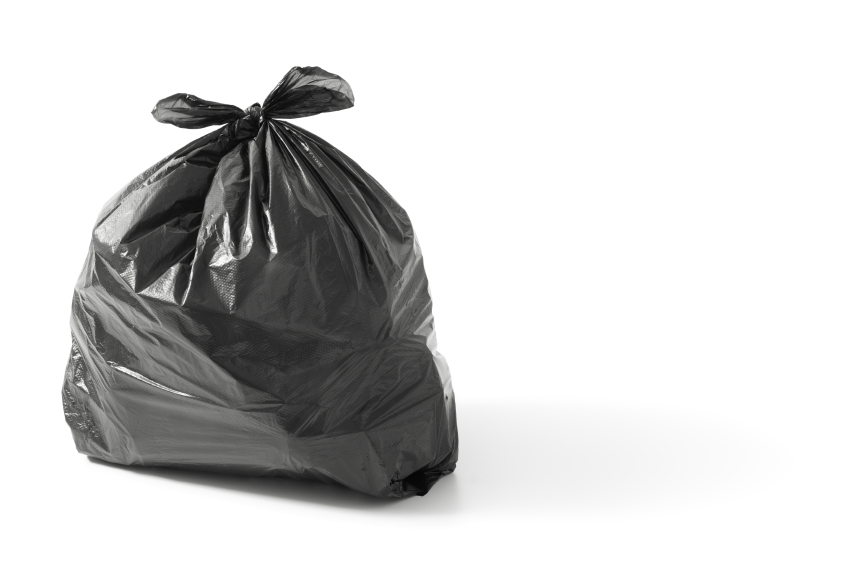At its core, Sukkot is about faith. The Zohar and other midrashim describe the Sukkah in its spiritual sense as a shelter that gives off a shade called the “shade of faith.” We leave our sturdy homes and move into flimsy wooden shacks for seven days. Doing so helps us understand that true protection comes from our Creator, not from the material shelters with which we generally associate protection.
The palm tree leaves – or schach – that make up the roof we’ll be sitting beneath in our Sukkahs have to meet certain regulations to be acceptable for use. The verse in Devarim (16:13) explains that they must be the “trash of the threshing floor and vineyard,” meaning that the schach must be made of the secondary, undesired part of the plant, not from its coveted fruit.
That begs the question: Why do we make the roof of the Sukkah – such a holy thing – out of what we normally view as trash?
The answer is that this is the symbol of faith that the Sukkah reveals to us. Sukkot comes at the convergence between the beginning of a new year and the end of the harvest year. It’s a time when we celebrate our new dreams for the coming year while reflecting on the previous year. At this juncture, we can look back at all the things we thought “went wrong” in the last year and consider how they connect to the bigger picture of where we’re heading today. We can start to see the many ways in which the “trash” – the hardships and mistakes – of our past has shaped who we are today and paves the way for the next stage in our lives. This is why the schach of the Sukkah is made from discarded materials – our trash.
We build our Sukkah roofs, the part of the home that protects us from the heat, rain and elements, out of unusable plant garbage to show us that G-d is constantly protecting us in our lives with the exact same things we may have perceived as junk. This is the shade of faith.
We often perceive our lives with childlike naivety. We look around at our circumstances and think that the “right” doors are closed. Longingly, we hope and search for the key to open them up. When we’re struggling and everything seems broken, we just want G-d to fix all of our problems. The trouble is that when we look at our obstacles with narrow vision, we miss the big picture!
Even when we can’t understand why we experience challenges in our lives, there is something very powerful that allows us to withstand and even grow from them. That “something” is the expansive vision of emunah, loosely translated as faith.
Emunah is the cornerstone of the Jewish people. When G-d spoke to us directly at Mount Sinai, He only told us one thing: Believe in Me and don’t believe in other gods. G-d could have chosen to relay any message at this world-altering event, and He chose this. Why? Because belief that G-d runs the world is the foundation of our religion.
As Jews, we believe that life isn’t broken. It’s been designed perfectly, just as it’s meant to be. In the face of obstacles and challenges, we remember that this is all part of G-d’s greater plan for us, orchestrated to help us grow and reach our unique spiritual potential. Living with Emunah is the difference between living life and thriving or just getting by, surviving.
Life isn’t always easy and it helps to recognize that we can’t see the whole picture. But if we believe that there is something more, something that goes beyond our limited vision of the world, we can begin to get a glimpse of how G-d sees the picture.
Our doors are never really closed and our lives aren’t ever really broken. We just need to strike the match, the fire of our souls, so that we can start looking at the world in a new light. This Sukkot, let’s take some time to reflect on this past year and discover the treasures that may have been buried beneath the facade of trash. I challenge you to consider how an experience or turn of events you perceived as negative has actually been a source of light and blessing in your life.
Excerpted from the book Succos Inspired.

